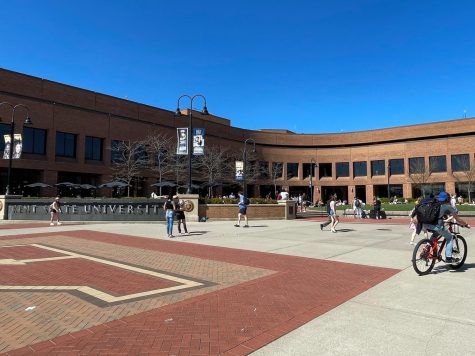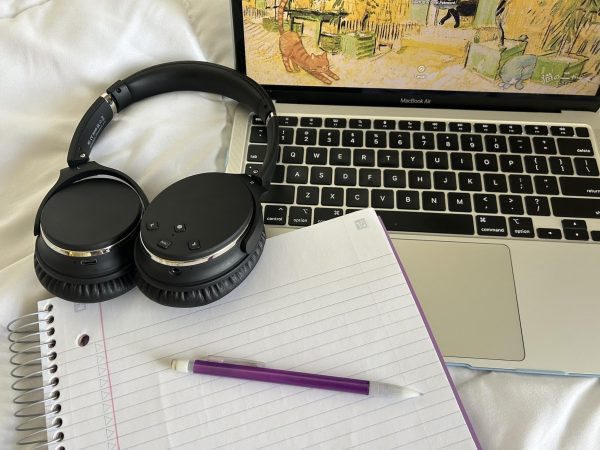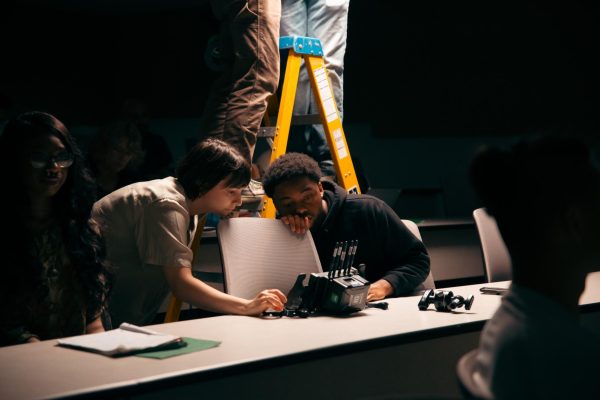Professors navigate class amid snow days
February 15, 2022
Following the campus closures on Jan. 18, Feb. 4 and Feb. 5 due to severe weather, professors were given the option to hold classes online. Some chose to do so, and some opted to cancel classes completely.
“The snow days happened early in the semester,” said Stephanie Smith, associate professor in the School of Media and Journalism. “What I try to do is build a sense of community and a sense of rapport and lay the foundation. I think those first days are so important and I wanted to keep that growing sense of community going.”
In addition to wanting to facilitate a sense of community between her students in the classroom, Smith chose to take advantage of the option for remote classes because of the possibility for more disruption down the road.
“We’ve had a lot of disruption, and we could have disruption again. Given climate change, we could have snow days through April,” Smith said. “If I can manage it online and if the turnout is good, I’m going to do it again. I figured I will hold off and only cancel class if we have a major disruption, and nobody seemed disrupted – we had fabulous attendance.”
Some professors were less worried about attendance when choosing to hold class remotely, and were more focused on being there if their students had any questions. Stephanie Vincent, a part-time instructor teaching history, chose this option instead of canceling completely due to her class structure requiring a lot of material to cover in a tight schedule.
“I told them they didn’t have to come that day, especially as long as they looked over the PowerPoint before the weekend was over,” said Vincent. “I had class but it wasn’t mandatory.”
Conversely, Julie Mazzei, interim director of the school of Multidisciplinary Social Sciences and Humanities, chose to cancel class completely for her students.
“I think that students should have a reliable schedule, something where there not waiting for professors to tell them what’s going to happen,” said Mazzei, who teaches in the Department of Political Science. “I think it should be consistent across all classes, and it’s an extra burden that confuses people’s schedules.”
In addition, she acknowledged the other complications that might arise due to severe weather.
“Snow days often present additional work for people, the idea that everyone’s just sitting at home and can connect online is often not considering the other things that happen during snow days,” Mazzei said. “If someone’s a parent, they’ve got kids at home from school. Sometimes students are first responders or they’re frontline workers and they have to go into work when the rest of us have a snow day.”
When campus closures happen in the future, professors like Smith said that they will take advantage of the option to hold classes remotely.
“I’ll probably never have a snow day again,” Smith said. “It’s my selfishness too because I love being with students.”
In addition, Smith said she believes that campus closures will be happening more frequently as time goes on.
“We are in a climate catastrophe. Everything that we once were taught that was a once-in-one-hundred-year storm is going to happen more often, more intensely, and for a longer period of time,” Smith said. “If every single time we have a weather problem we shut down and have no other option, we will have nothing but disruptive learning. We have got to be prepared.”
Bronwyn Wain is a reporter. Contact her at [email protected].























